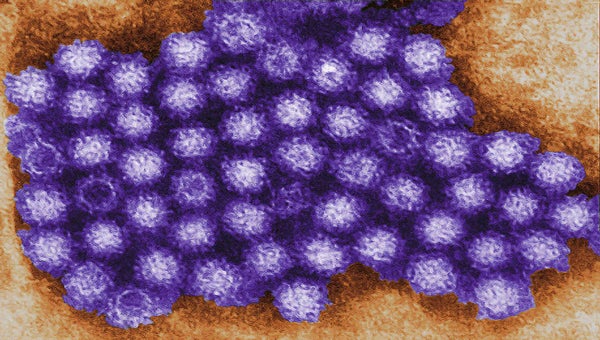No norovirus outbreaks in area
Published 5:39 pm Thursday, January 9, 2014
Although two norovirus outbreaks were reported in North Carolina late last month, Beaufort County seems to be somewhat immune this winter from the gastrointestinal virus.
“We have not seen a lot of norovirus here at the hospital,” wrote Pam Shadle, director of marketing, public relations and development at Vidant Beaufort Hospital, in an email response to an inquiry concerning norovirus cases seen at the hospital.
“I can tell you, at this point, there is no norovirus outbreaks here in Beaufort County that we have been made aware of,” said Vanessa Green, a registered nurse who is the communicable-disease controller with the Beaufort County Health Department. “Norovirus can be an outbreak situation you can find in long-term care facilities or in schools.”
In late December, the N.C. Department of Health and Human Services was following 29 cases in Henderson and six cases in Alamance County. State health officials said outbreaks generally occur in buildings where significant numbers of people work closely together. The outbreaks monitored by DHHS occurred in long-term care facilities.
The Centers for Disease Control and Prevention in Atlanta does not keep track of norovirus cases nationwide because it is not a reportable disease, according to Jeanette St. Pierre with the CDC.
Norovirus attacks quickly and strongly, according to health officials. Its main symptoms are nausea and vomiting, which can help distinguish it from influenza. Other symptoms include diarrhea, fatigue, fever, headache chills and stomach cramps. The flu and norovirus can cause body aches, however, flu attacks respiratory systems with symptoms like sore throat and congestion of the lungs.
Norovirus is found in vomit and feces. It can be contracted by direct contact or consuming food/liquirds or touching surfaces that are contaminated. A key factor in preventing norovirus is cleaning any contaminated surface with a bleach-based cleaner and washing one’s hands often with soap and water.
Once norovirus is acquired, there is no medication to treat it, according to health officials.







